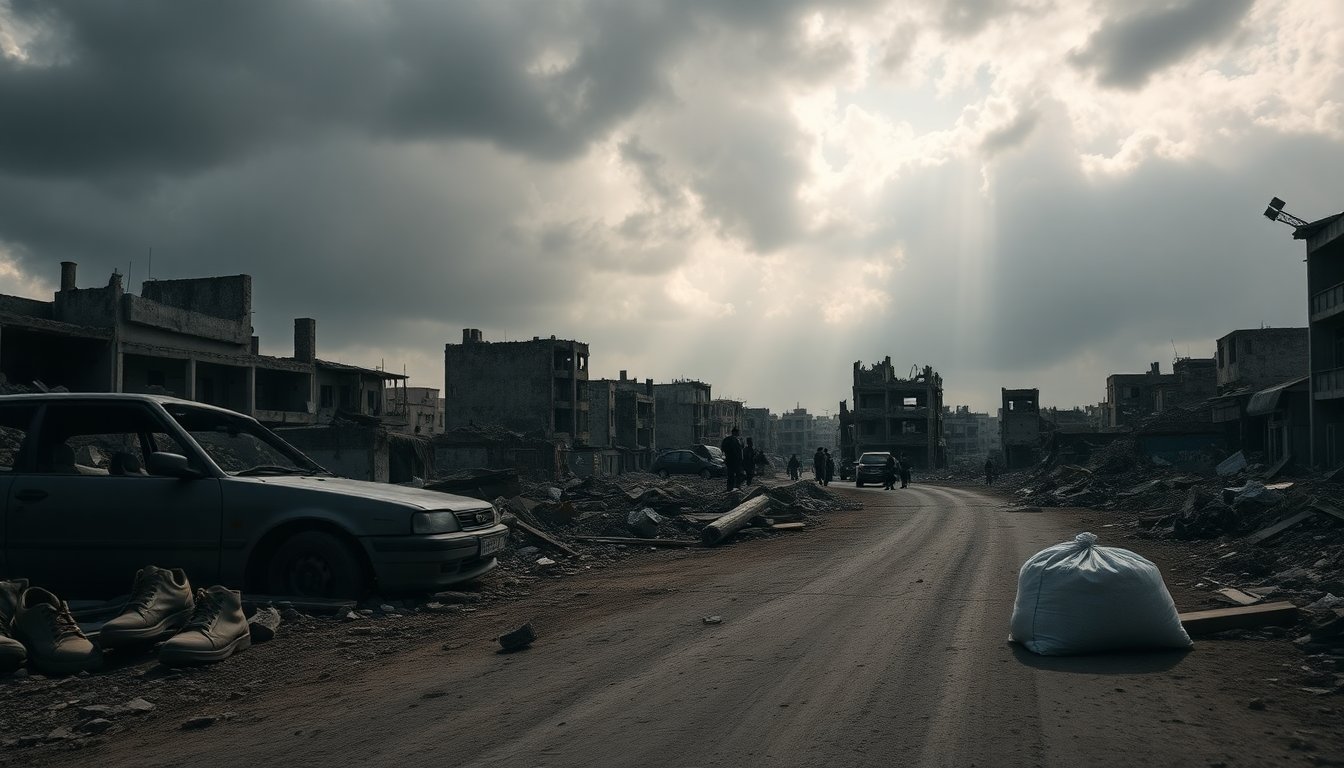Table of Contents
The humanitarian crisis in Gaza has escalated to alarming levels, driven by intensifying military actions and severe restrictions on aid. As leaders around the world express their concerns, it’s clear that the situation demands immediate attention and action. In this article, we’ll dive into the current state of affairs, examine global responses, and consider what the future may hold.
The Current Situation in Gaza
The humanitarian crisis in Gaza doesn’t exist in a vacuum; it’s the result of a complicated history of conflict and tension. After the devastating attacks by Hamas on October 7, 2023, Israel launched a military offensive that has drastically affected civilian life in the region. EU foreign affairs chief Kaja Kallas has pointed out that while Israel has the right to defend itself, its actions might be straying beyond what’s considered justifiable under international law. But how do we balance national security with humanitarian principles?
Reports show that the blockade of essential supplies—like food and medicine—has left civilians in dire straits. The interruption of U.N. humanitarian deliveries only makes matters worse, undermining decades of established humanitarian aid principles. Kallas emphasized during a debate in the European Parliament that these ongoing military actions don’t bolster Israel’s security; instead, they threaten the humanitarian values we’ve worked hard to uphold.
As the conflict intensifies, the death toll in Gaza has surged, prompting urgent calls from various members of the European Parliament to reassess relations with Israel. The association agreement governing trade and political relations between the EU and Israel is under review, with many questioning Israel’s commitment to human rights. What does this mean for the future of international relations in the region?
International Responses and Controversies
The international community’s reaction to the crisis has been mixed. Some lawmakers are advocating for stronger measures against Israel, including potential sanctions. Kallas has faced criticism for not labeling the situation as genocide, revealing how contentious the political discourse surrounding this conflict can be. Shouldn’t we call it what it is to accurately convey the severity of the actions taking place in Gaza?
Despite the mounting pressure, Kallas stressed the importance of a unified stance among the 27 EU member states. She acknowledged that quick action may not be feasible due to varying opinions within the bloc. This highlights the complex challenges diplomats face when navigating such sensitive issues and emphasizes the need for consensus in international relations.
As discussions continue in the European Parliament, the broader implications of Gaza’s humanitarian crisis are becoming increasingly clear. The impact on civilians, the potential for long-term instability in the region, and the urgent humanitarian needs must be prioritized in any diplomatic efforts going forward. How can we ensure that the voices of those suffering are heard?
Looking Ahead: Challenges and Opportunities
As the situation evolves, we must consider the medium-term implications for Gaza and the wider region. The ongoing military actions and humanitarian blockade could further degrade living conditions, trapping people in a cycle of violence and retaliation that threatens any hopes for peace. Isn’t it time we sought alternative solutions?
However, this crisis also opens the door for the international community to reflect on the importance of humanitarian aid and the need to protect vulnerable populations during armed conflicts. By prioritizing diplomacy, targeted humanitarian efforts, and a firm commitment to human rights, we can forge a more constructive path that addresses the immediate needs of those affected while paving the way for lasting solutions.
In conclusion, the humanitarian crisis in Gaza is a complex issue that urgently requires coordinated action from the international community. As the situation continues to unfold, we must remain focused on protecting civilians and upholding humanitarian principles amidst the chaos of conflict. How can we all play a role in advocating for those who desperately need our support?


